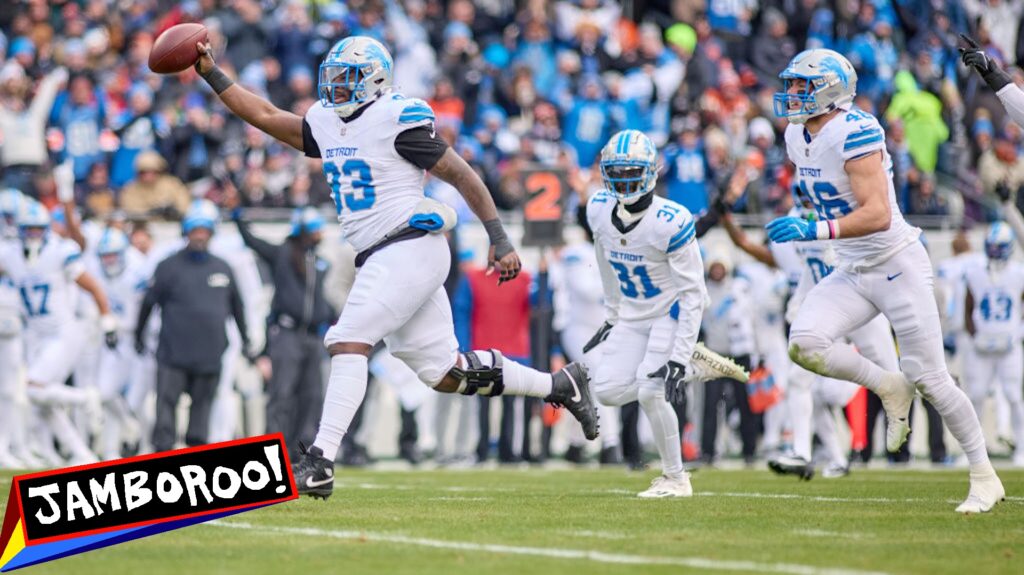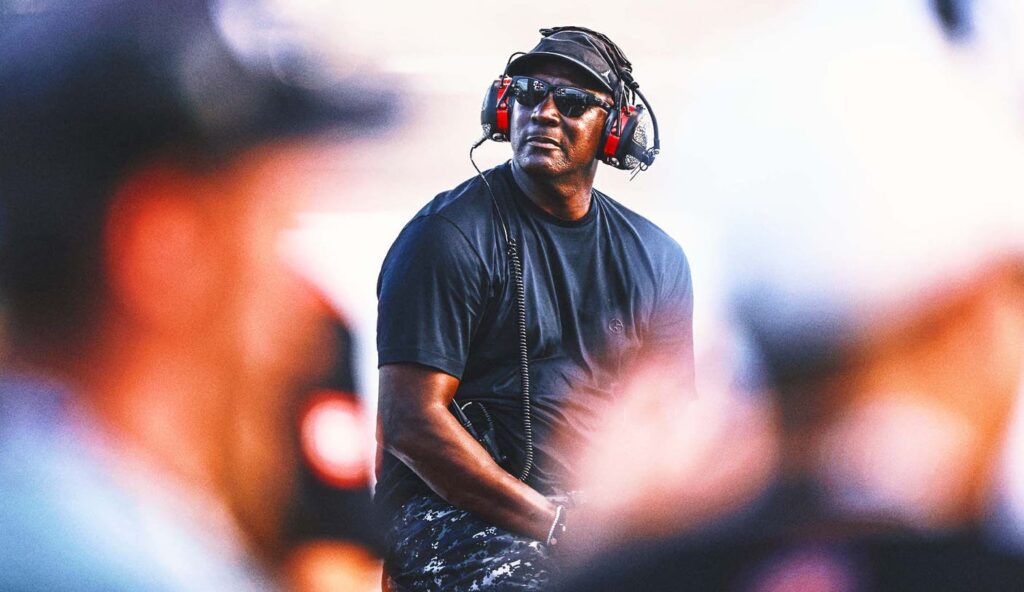This week, the US House of Representatives passed a bill that would ban trans girls and women from playing all levels of sports in all US states. The text of the cynically titled “Women and Girls in Sports Protection Act” is as vague and confusing as the roughly 25 state laws that already prohibit trans kids from playing sports, but it is still striking in its scope. This bill applies not only to college-aged athletes, but also to children as young as kindergarten.
Supporters of the legislation really want you to believe that this is all a matter of justice. It’s in the name of the bill: Ban trans women protect cis female athletes (somehow). In affirming his support, California Congressman Doug LaMalfa expressed outrage at the idea that “men with the XY chromosome” were “taking the place of women and girls in sports,” an analysis of the current situation that is as darkly conspiratorial as it is. fake.
We shouldn’t even take this bill on its own misleading terms. First of all, the question of justice has never been particularly honest. Sport is not a pure meritocracy. Every athlete has different levels of advantage and disadvantage and, for the most part, we take them for granted. Certain bodies inherently provide advantages in certain sports; Michael Phelps has a disproportionate wingspan that is perfect for swimming. Other structural advantages that determine who can access and succeed in sports (i.e., social class) are almost overlooked. As Katie Barnes points out in her book Fair play: how sports shape the gender debateUpper-middle-class children who can pay for specialized training have automatic advantages over their peers. “The reality of sports is that we accept injustice all the time,” Barnes writes. The fact that trans women and girls, for whom there is no evidence of advantage anyway, are the only targets here underscores that this is not about leveling the playing field, but about demonizing a community.
In fact, what this federal bill has done is take a conversation that has been going on for decades in elite sports, decontextualize it, and apply it to everyone. school sports, to intramural varsity basketball and second grade football. These are sports where competitions are more about building a social community than winning. Many of these children would not be considered athletes in the strict sense; They play because they want to have fun and make friends. Expelling trans girls and women from these spaces is purely a matter of exclusion: it is an attempt to expel trans people from fundamental parts of American public and social life.
Republicans haven’t really bothered to consider how they would enforce such a broad sports policy if it passes. This week, when a reporter asked Michigan Republican Tim Walberg to explain how trans girls would be identified and removed from school sports, he responded that the legislation “doesn’t address that.” The dozens of state and local bans on trans athletes already in place don’t paint a much clearer picture, except that the brunt of enforcement has fallen on individual schools and, for that matter, the individuals themselves. In Nassau County, New York, a lawmaker who supported a recent ban on trans girls in sports placed the responsibility directly on coaches to identify and remove trans girls from sports teams. “I hope the coach has enough common sense to say, ‘Look, we’re not playing the rest of this game,'” the lawmaker said, then adding, cryptically, that active enforcement of the law by coaches would mean that ” The police don’t need to call me.
What this will surely inaugurate is a system of informal surveillance, where coaches, parents and peers will scrutinize girls’ bodies and perceived femininity for anyone who isn’t quite cis. While trans girls are the unquestionable target of this legislation, all girls who do not embody a strict standard of femininity will feel its impacts. We saw this over the summer, when famously transphobic JK Rowling referred to Algerian boxer Imane Khelif as a “man”; We also saw this in 1936, when American sprinter Helen Stephens was accused of being a man shortly after winning her gold medal. Some of these state prohibitions have proposed more aggressive surveillance mechanisms. The original version of Ohio’s trans athlete ban required genital inspections as a way to determine a child’s eligibility for school sports. The text was later removed, but it shows how far lawmakers are willing to go to prevent trans girls and women from participating in sports.
And really, let’s be honest: the goal is not to enforce the law. This legislation is designed to scare, to prevent trans girls from even trying to join a sport, and, perhaps more to the point, to prevent trans girls from coming out as trans at all. The worrying thing about this legislation, if it becomes law, is that its biggest repercussions will play out just outside the framework. We won’t know the names of trans kids who decide not to play sports because of the scrutiny they are sure to face, or who put off transitioning in the first place because doing so would jeopardize their chance at an athletic scholarship.
We saw this from the 1960s to the 1980s, when the Olympics began defining female athletes as those with XX chromosomes only. Elite women whose chromosomes were not XX quietly disappeared. Either they failed a test before the Olympics and withdrew, citing injury, or as children they were told there was no point in pursuing higher levels of competition. Sports doctor Albert de la Chapelle, a critic of the IOC’s sex-testing policies, wrote a letter in the 1980s about a young female skier who was found to have XY chromosomes. His coach told him to quit sports. “This woman represents the invisible part of the iceberg: those numerous unfortunate women who are subjected to sexual chromatin testing and eliminated from sports long before reaching a major competition,” de la Chapelle wrote. “There must be hundreds, if not thousands, of women who have been quietly marginalized in this way.” We are about to see this happen again on a large scale and we won’t even know it.
For all the bluster of conservative lawmakers, it’s actually not about sports at all. These bans, in fact, are a kind of cultural land grab by the right, the opening salvo in an effort to redefine what it means to be a man and a woman along purely natalist lines. To see what could come next, look to Oklahoma. In 2022, state lawmakers passed an early ban on trans athletes. Oklahoma Republicans then used their momentum to pass a “Women’s Bill of Rights” that created narrow legal definitions of man and woman. Tellingly, the law defined “woman” based solely on the body’s reproductive potential: a woman is someone with a reproductive system that produces eggs for fertilization, according to the legislation, and a man is someone who creates sperm. A man was necessarily a male; a woman was necessarily a woman. In other words, in one move, Oklahoma removed trans people from its legislative policies entirely.
All of these laws are based on the fundamental belief that bureaucracy can definitively separate men from women: that biological sex is stable and direct, that we know a woman when we see one, that we don’t have to worry about all this mess. gender business. Actually, none of this makes sense. Sex is an interaction of chromosomes, genitals, hormones and much more, and there is no single measurement that automatically distinguishes men from women. If we’ve learned anything from the 80-year history of Olympic-level sexual testing, it’s that there’s no easy way to divide people into binary categories. The Olympics have gone through different markers (genital exams, chromosome tests, hormonal tests) and have never found any successfully. Even Alexandre de Mérode, the long-suffering head of the IOC Medical Commission, once admitted that “it was practically impossible, scientifically, to define the sex of an athlete.”
These realities are of little concern to the Republican right. If conservatives have their way, laws like Oklahoma’s, which impose strict definitions of men and women, would become federal policy. In November, a representative from Kansas introduced a similar bill in the U.S. Senate. These efforts are designed to exclude trans women, trans men, and non-binary people from public life. The right has taken sports, an issue where they feel they are gaining rhetorical ground, and used it to launch a much larger campaign against trans people. The logic is simple: once removing an entire group of people from a key part of public life (like school sports) is normalized, it’s much easier to promote more violent policies, like blocking access to health care. basic. The ban on sports is intended to lay the foundations for this massive dismantling of rights.
Going forward, we must counter, forcefully and directly, these misleading claims about athletic advantage. We must emphasize that access to sport is a human right. This conversation always centers on whether it is fair for trans women and girls to compete in sports; We should ask the question instead, is it fair? exclude Trans women and girls in sports? But we should also be honest about what’s happening here. In reality, this legislation is not about sports; It is a pretext to impose very narrow and conservative ideas about what it means to be a man and a woman. It is an ideological play that sets the stage for violently stripping trans people of their rights in all areas of public life.

 Workout
Workout
 Meditation
Meditation




 Contact Us
Contact Us










